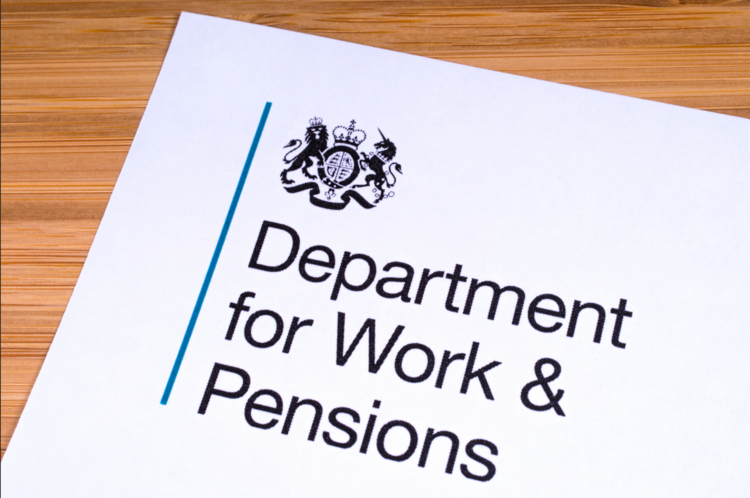The Parliamentary and Health Service Ombudsman (PHSO) has asked parliament to force a government department to compensate women affected by its “maladministration” of changes to the state pension age.
This has been described as “a victory of sorts” for the group Women Against State Pension Inequality (WASPI), which was set up in 2015 to campaign for compensation.
An investigation by the ombudsman found that thousands of women may have been affected the Department for Work and Pensions (DWP) failure to adequately inform them that the state pension age had changed following the 1995 Pensions Act and subsequent legislation.
Changes in the 1995 Act meant that women born between 6 April 1950 and 5 April 1955 would have a new state pension age of between 60 and 65, depending on their birthday, while women born after 5 April 1955 would have a state pension age of 65.
The DWP failed to provide accurate, adequate and timely information about this, the ombudsman said.
Findings from the ombudsman’s three-stage investigation have been released in two phases with the first stage published in July 2021 that examined complaints about how the changes were communicated.
Today, the results of stages two and three were published in a second report that looked at national insurance qualifying years, how complaints were handled, the injustice for those affected and remedy.
The ombudsman said this report considers “the injustice resulting from the maladministration we identified during stage one and also sets out our thinking about remedy”.
It said that to date, the DWP has not acknowledged its failings nor put things right for those women affected. DWP has also failed to offer any apology or explanation for its failings and has indicated it will not compensate women affected by its failure, it added.
DWP’s handling of the changes meant some women lost opportunities to make informed decisions about their finances. It diminished their sense of personal autonomy and financial control.
PHSO chief executive Rebecca Hilsenrath said: “The UK’s national ombudsman has made a finding of failings by DWP in this case and has ruled that the women affected are owed compensation. DWP has clearly indicated that it will refuse to comply. This is unacceptable. The department must do the right thing and it must be held to account for failure to do so.
“Complainants should not have to wait and see whether DWP will take action to rectify its failings. Given the significant concerns we have that it will fail to act on our findings and given the need to make things right for the affected women as soon as possible, we have proactively asked parliament to intervene and hold the department to account.
“Parliament now needs to act swiftly, and make sure a compensation scheme is established. We think this will provide women with the quickest route to remedy.”
The ombudsman has recommended a level 4 range of compensation, which is between £1,000 to £2,950. If all women born in the 1950s were compensated this could cost between £3.5 billion and £10.5 billion.
Helen Morrissey, head of retirement analysis at Hargreaves Lansdown, said: “In a strongly worded report, the ombudsman has called on the DWP to ‘do the right thing’ and said it must be held to account for its failure.
“However, it’s important to say DWP is not legally obliged to carry out these recommendations and the ombudsman expects it to be highly resistant to doing so. This is why it is taking the extraordinary action of asking parliament to intervene and identify a way to provide compensation. It’s likely we will see this saga continue to rumble on.”
Its recommendations could see women compensated up to £2,950 which is a decent amount but far lower than some of the sums reported. With this in mind it is likely that many affected women will continue to feel short changed.”
Danni Hewson, head of financial analysis at AJ Bell, said the WASPI women “will be claiming a victory of sorts”.
“These women will feel understandably angry they weren’t given adequate information about the changes, which would have such a profound impact on their retirement plans.
“However, although the ombudsman found the DWP guilty of maladministration back in July 2021, the DWP has so far not put its hands up to acknowledge its failings nor take any action to compensate these women.
“With the DWP effectively ghosting its findings so far, the ombudsman has passed this political and potentially expensive hot potato into the hands of a government already struggling with stretched public finances.
“This would be no cheap solution. The ombudsman puts the cost of compensating all women born in the 1950s at between £3.5 billion and £10.5 billion, although it acknowledges not all of them will have been affected. There will be pressure to move quickly, but this is something that could be kicked into the long grass if a May election is called at what now is the eleventh hour.”













